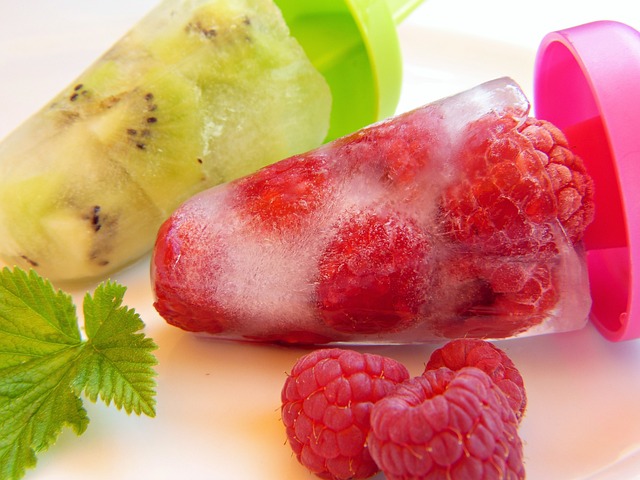Unleashing the Power of Probiotics: A Guide to Boosting Gut Health
The human gut is home to trillions of bacteria, both good and bad. Maintaining a healthy balance of these microorganisms is essential for optimum gut health and overall well-being. One way to support this delicate balance is by incorporating probiotics into your diet.
What are Probiotics?
Probiotics are live bacteria and yeasts that are beneficial to the digestive system. While the word “bacteria” may sound alarming, it’s important to note that not all bacteria are harmful. In fact, our gut naturally contains numerous strains of beneficial bacteria that aid in digestion, support immune function, and promote overall gut health.
Probiotics can be found in certain foods and supplements. They work by replenishing and maintaining the population of good bacteria in the gut, which can become unbalanced due to factors like poor diet, stress, antibiotics, or illness.
The Health Benefits of Probiotics
Consuming probiotics has been linked to a range of health benefits. One of the primary benefits is improved digestion. Probiotics help break down food and absorb nutrients more effectively, reducing symptoms of digestive disorders such as bloating, gas, and constipation.
Furthermore, probiotics can support a healthy immune system. Your gut plays a crucial role in immune function, and a well-balanced gut microbiome is thought to contribute to a stronger immune response. By promoting the growth of good bacteria, probiotics may help fend off harmful pathogens and reduce the risk of infections.
Research also suggests that probiotics can have a positive impact on mental health. The gut and the brain are closely connected through the gut-brain axis. Studies have shown that certain strains of probiotics can help alleviate symptoms of anxiety, depression, and stress by influencing the production of neurotransmitters in the gut.
Probiotic-Rich Foods
Probiotics can be found in a variety of fermented foods. Here are some examples:
- Yogurt: Look for yogurts that contain live and active cultures. Greek yogurt, skyr, and kefir are particularly rich in probiotics.
- Sauerkraut: Fermented cabbage that is rich in probiotics and provides additional health benefits like vitamins and minerals.
- Kombucha: A fizzy, fermented tea that contains live cultures and is known for its probiotic properties.
- Miso: A traditional Japanese seasoning made from fermented soybeans, which can be added to soups and other dishes.
- Kimchi: A Korean side dish made from fermented vegetables, such as cabbage and radishes, which is packed with probiotics and beneficial enzymes.
Choosing the Right Probiotic Supplement
If you prefer not to rely solely on food sources, probiotic supplements are also available. When choosing a probiotic supplement, consider the following:
- Strain Diversity: Look for a supplement that contains a variety of strains, as different strains may have different benefits.
- CFU Count: CFU stands for colony-forming units, which indicates the number of viable bacteria in the product. Higher CFU counts are generally considered more effective.
- Shelf Stability: Ensure that the product is shelf-stable and has a long enough shelf life to preserve the live bacteria until the expiration date.
- Reputable Brands: Choose supplements from well-known and trusted brands to ensure quality and safety.
Integrating Probiotics into Your Daily Routine
If you’re considering adding probiotics to your diet, it’s important to start slowly and listen to your body. Some people may experience temporary digestive symptoms like gas or bloating as the gut adjusts to the changes.
Gradually increase your intake of probiotic-rich foods or supplements, and pay attention to how your body responds. It may also be beneficial to incorporate prebiotic foods into your diet, as prebiotics serve as food for probiotics, helping them thrive in the gut. Sources of prebiotics include garlic, onions, bananas, and whole grains.
Remember, consistency is key







